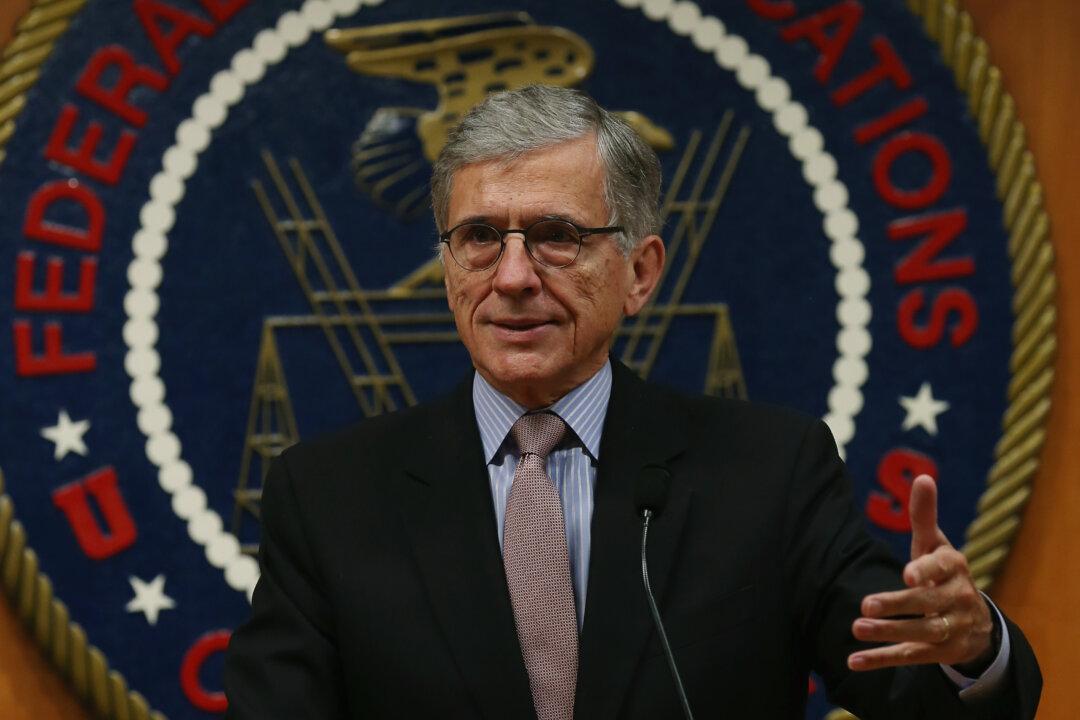The Federal Communications Commission (FCC) will likely vote to govern Internet service providers (ISPs), including wireless networks, as common carriers and impose stringent net neutrality rules on Feb. 26.
FCC chair Tom Wheeler had already hinted at his intent to vote for a reclassification of ISPs under Title II of the Telecommunications Act in January, but on Wednesday put it in unambiguous writing.
“These enforceable, bright-line rules will ban paid prioritization, and the blocking and throttling of lawful content and services,” Wheeler wrote. “I propose to fully apply—for the first time ever—those bright-line rules to mobile broadband.”





